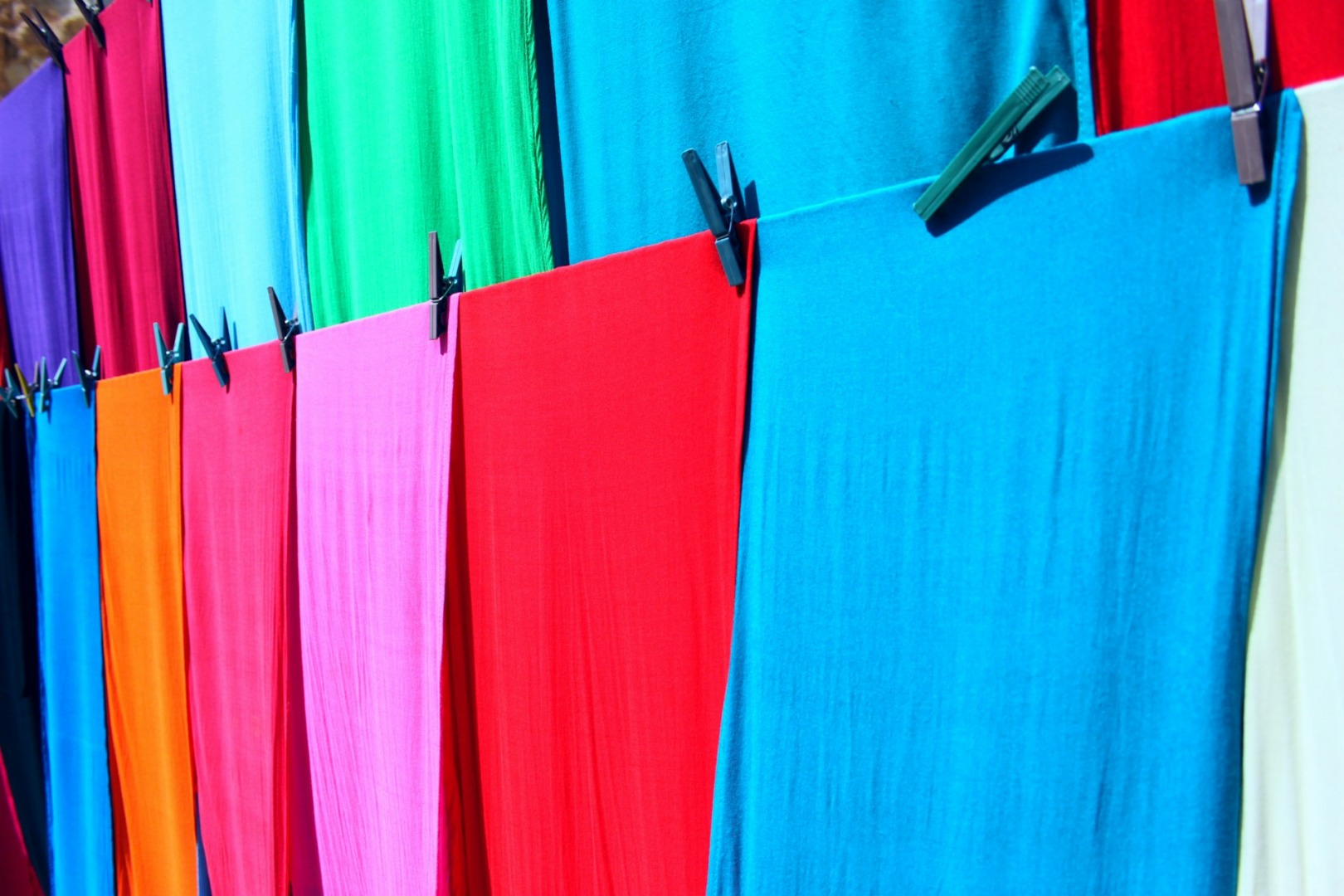Fashion
This Country is Turning Textile Waste into Sustainable Fashion

The fashion industry in Spain is stepping up in a big way ahead of new EU regulations on textile waste. Major brands like Inditex (Zara’s parent company), H&M, Ikea, and Primark aren’t waiting for 2026 when the regulations are expected to come into force, with a growing focus on sustainability in Spain.
Instead, they’ll start collecting discarded clothing as early as April 2025. This move is part of an exciting pilot project called Re-viste, which is all about finding smarter ways to manage textile waste and help Spain hit its green goals.
The project will separate textiles and shoes from other waste so they can be either reused or recycled. This effort shows how the private sector is stepping up to address environmental challenges in Spain.
Preparing for EU regulations
Spain is waiting for final approval for new EU regulations that will require textiles to be collected separately from other waste. This is part of a bigger plan to promote sustainability and create a more circular economy.
Marta Gomez, from Spain’s Ministry of Energy Transition, says the fashion industry is already gearing up. At a recent event in Madrid, Gomez mentioned that since the rules might kick in 2026, companies will have at least a year to prepare.
Andrés Fernández, sustainability lead at Mango and president of the Re-viste project, stressed that the industry is moving ahead now. “The regulations show us the way, but we have decided not to wait to comply with the legal requirements,” he said, highlighting how businesses are taking ESG (Environmental, Social, and Governance) seriously.
If you’re a small or medium business, tools like ESG reporting tools make it easier to keep up with these new changes.
The environmental impact of textile waste in Spain
Currently, sustainability in Spain is facing big challenges with textile waste. Data reveals that only 12% of used clothing is collected separately, while 88% ends up in landfills. Each person in Spain throws away an average of 20 kilos of clothing every year. For comparison, people in other parts of Europe discard just seven kilos. This highlights the urgent need for better waste management solutions.
As sustainability in Spain becomes a hot topic, the Re-viste pilot project aims to cut down on the environmental impact of the fashion industry. During this year-long trial, organizers plan to set up collection containers in places like churches, shopping centers, and public streets. These containers will collect clothing in bags, which will then be sent to sorting facilities for recycling or reuse.
If successful, this project could pave the way for a nationwide effort to tackle textile waste. It also emphasizes the need for responsible business practices. By focusing on ESG goals, the fashion industry can show its commitment to sustainability while getting ready for new regulations.
Related Articles: EU’s New Proposal to Tackle Textile Waste: Make Producers Pay for It | How Fast Fashion Is Damaging the Environment
What’s next in sustainable fashion in the EU
Once the EU regulations are in place, all major fashion companies will face the rising costs of managing their waste. The more clothing and shoes they sell, the more they’ll need to invest in the proper recycling process. But if done properly, it’s possible to recycle efficiently.
For small businesses, too many rules can be overwhelming to understand. That is where IMPAKTER PRO comes in. It offers a user-friendly solution to make it easy to track and report your company’s environmental impact.
***
This article is referenced from Spain’s top fashion retailers to launch trial to collect clothes waste in 2025 by Reuters
Editor’s Note: The opinions expressed here by the authors are their own, not those of Impakter.com — Cover Photo Credit: N. K.









